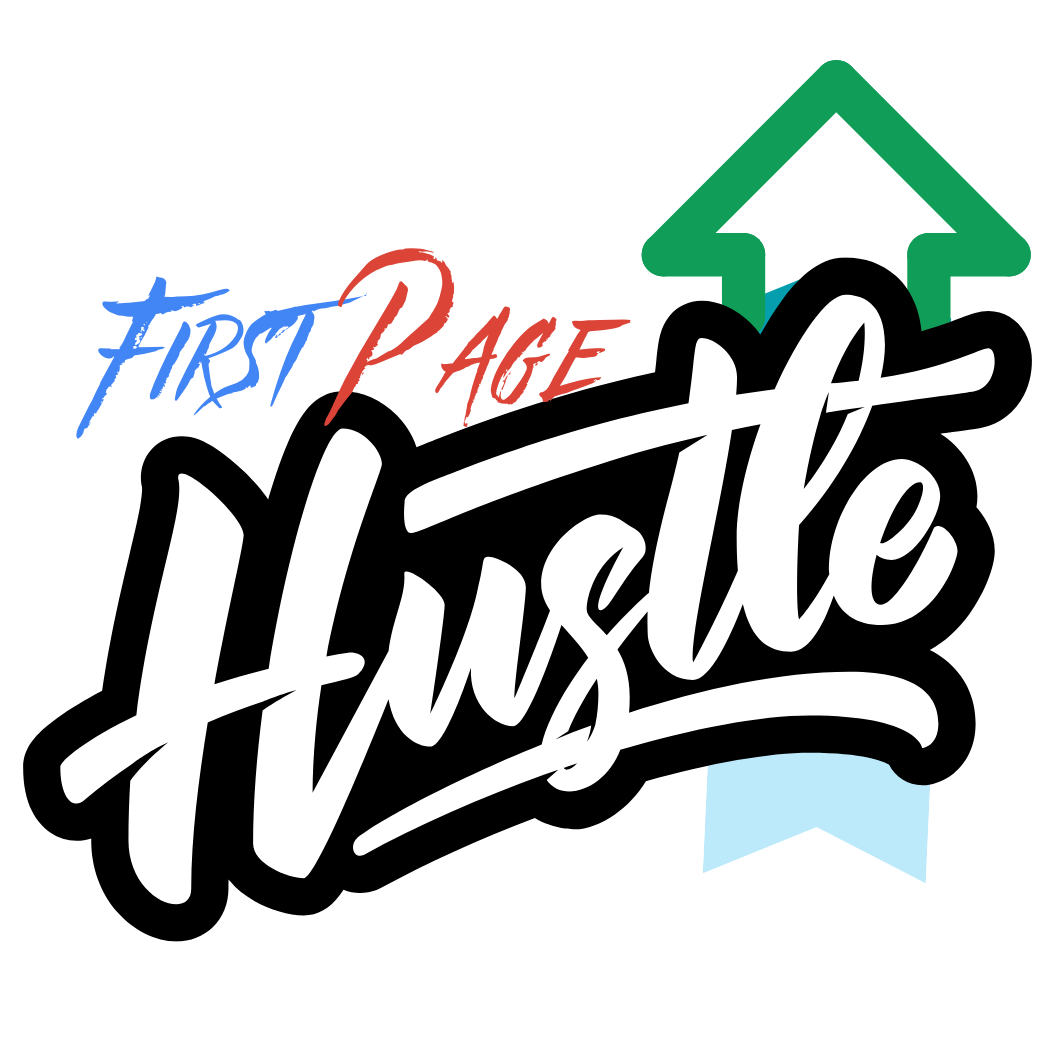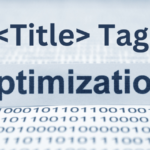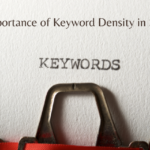Meta tags are HTML tags that provide metadata about a web page. They are used by search engines to understand the content of a page and to display snippets of information in search results.

Meta Tags Optimization Best Practices & Guidelines
Meta Tags have been one of the most basic elements of SEO. Meta Description must be not more than 155 to 160 characters.
Example Meta Robot Tag:
index/noindex – This tells the engines whether to show your page in search results or not.
follow/nofollow – This tells the engines what to do with links on your pages: whether they should trust and “follow” your links to the next page or not.
There are several types of meta tags that can be used for on-page SEO, including:
- Title tags: These tags appear in the head section of a web page and are used to specify the title of the page. Search engines will display the title tag in search results, so it’s important to use keywords that accurately describe the content of the page.
- Meta descriptions: These tags appear in the head section of a web page and are used to provide a brief summary of the page’s content. Search engines will display the meta description in search results, so it’s important to use keywords that accurately describe the content of the page and to write a compelling description that will entice users to click through to the page.
- Meta keywords: These tags appear in the head section of a web page and are used to specify keywords that are relevant to the page’s content. However, search engines no longer use this information to rank pages, so it is not necessary to include meta keywords in your web pages.
- Canonical tags: These tags are used to prevent duplication of content by specifying a “canonical” or preferred version of a web page. This is particularly useful for pages that have identical or very similar content.
- Open Graph tags: These tags are used to specify information about a web page that is used when the page is shared on social media platforms. It includes title, description, image, etc.
It’s important to note that while meta tags can be helpful for on-page SEO, they are not the only factor that search engines consider when ranking pages. Other factors, such as the quality and relevance of the content on a page, the number and quality of links pointing to the page, and the overall user experience, also play a role in determining a page’s search engine ranking. Therefore, it’s important to focus on creating high-quality, relevant content and building high-quality links to your site in addition to optimizing your meta tags.





GIPHY App Key not set. Please check settings